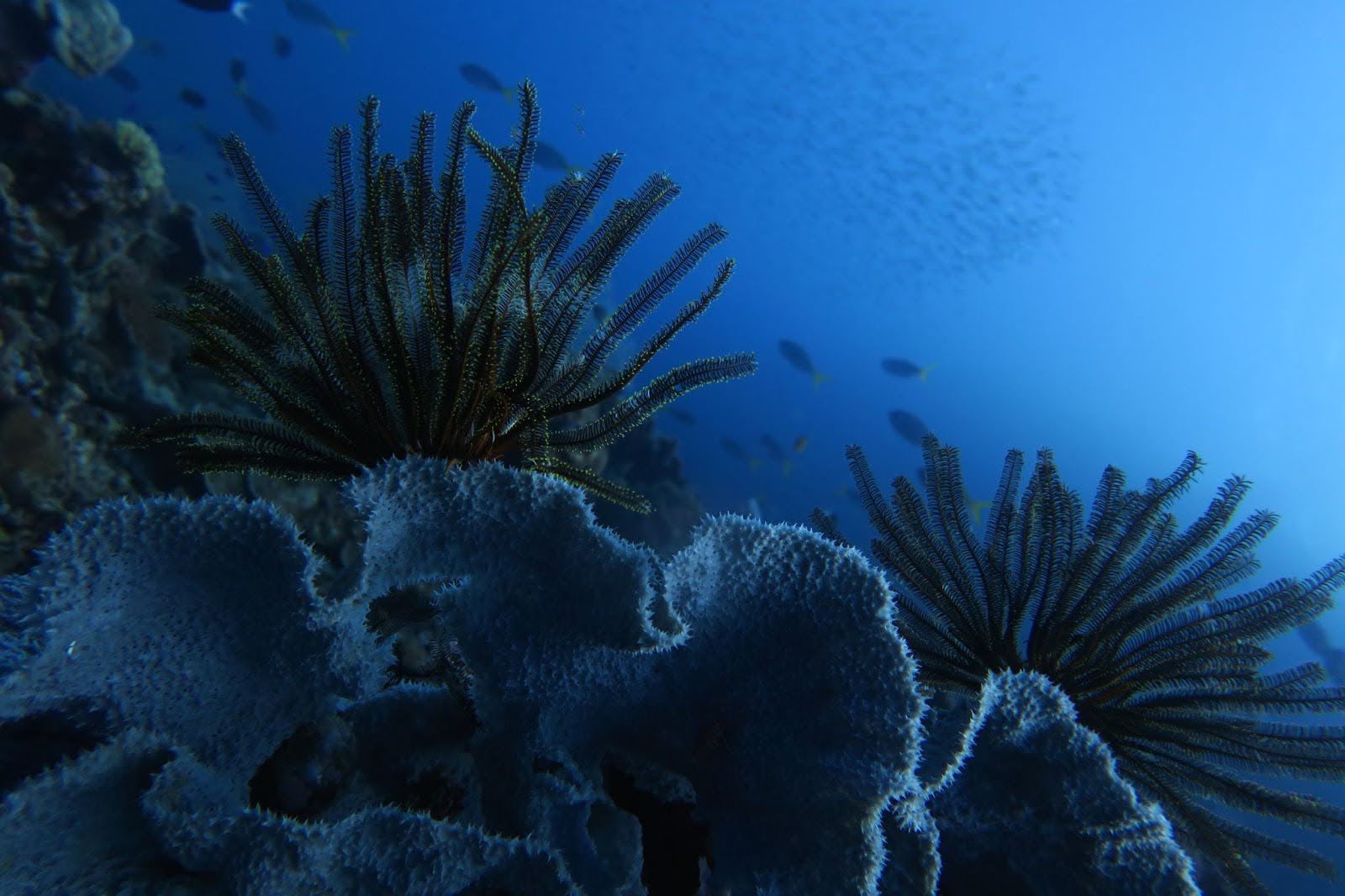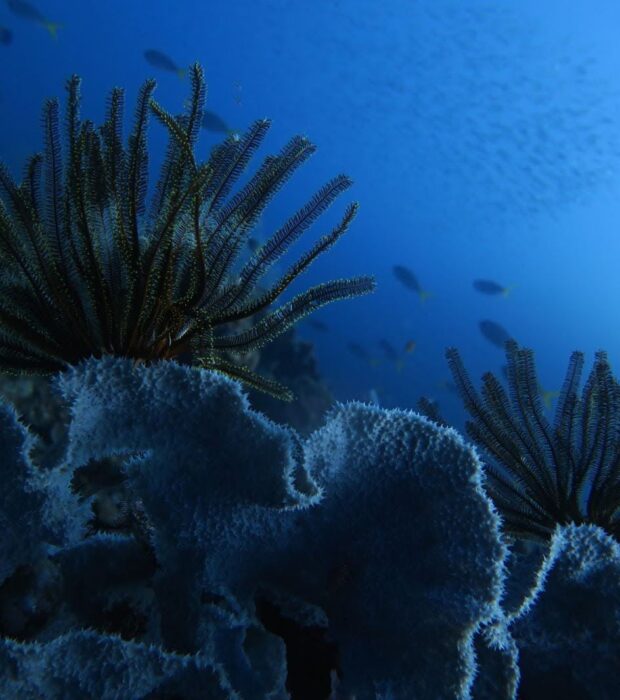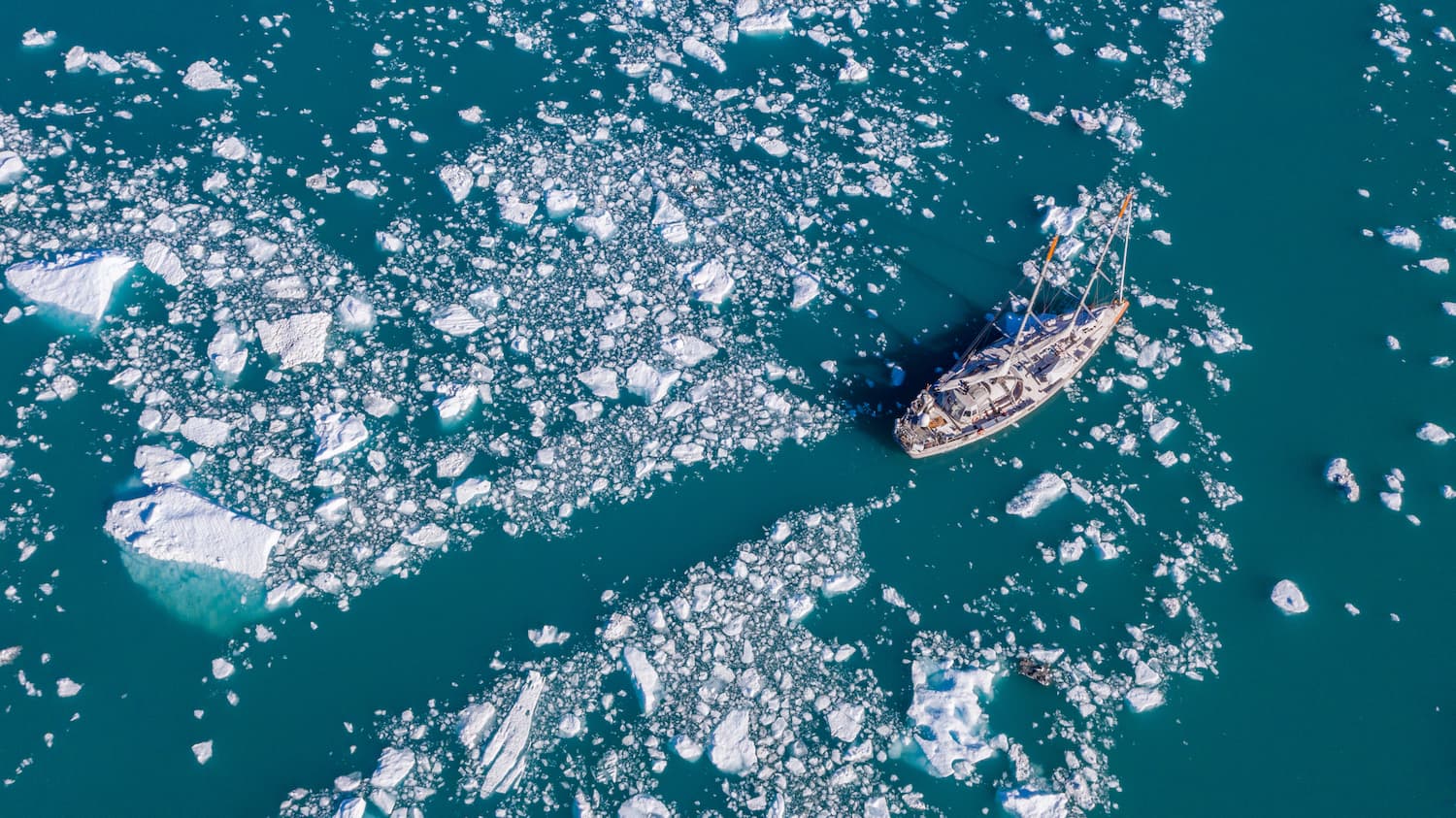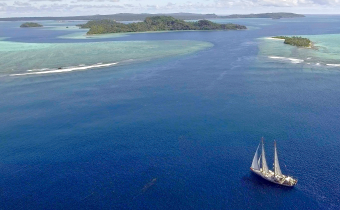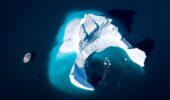
Actions in cooperation with the South
Our scientific cooperation projects with South America and Africa
The need to strengthen scientific capacities and to involve the decision-makers for the countries of the South in discussion
The ecological and climatic crisis that we are now experiencing requires worldwide limitless scientific cooperation. However, we can now see disparities between countries in relation to advances in marine sciences, particularly in the countries of the South. They are now expressing their needs in terms of the training for young researchers, research infrastructures, transfer of technologies, acquisition and access to data and, lastly, connection with regional and international research networks.
Access to local scientific expertise for these countries is crucial to enable them to be actors in international negotiations and to be capable of making the right decisions in relation to their development challenges.
Sharing and pursuing the science carried out by Tara on marine ecosystems
It is essential for the Fondation Tara Océan to share new knowledge available on the ocean as widely as possible. Reinforcing the skills of researchers in developing countries is an indispensable condition for shared and efficient world governance of the ocean. The decisions must be based on robust scientific expertise which is itself built on the exploitation of reliable scientific data.
Through the different projects it is carrying out, the foundation:
is boosting international cooperation around scientific missions whose reach is worldwide.
is mobilising its partner research institutes on the establishment and sharing of international databases but also in the development and use of the very latest advanced techniques in marine biology.
is drawing the scientific and political worlds closer to strengthen the governance of the ocean in the fields of climate, biodiversity and the high sea.
is supporting the development of a new generation of measurement instruments for marine ecosystems, that are accessible both technically and financially.
Three projects for close collaboration with the countries of the South
Training young researchers in the understanding of planktonic ecosystems, transferring the latest technologies in marine biology and sharing the data, building new regional scientific programmes and missions to broaden understanding of the functions of the ocean.
To carry out these activities, Fondation Tara Océan is undertaking three projects.
The Ocean Plankton, Climate and Development project
The “Ocean Plankton, Climate and Development” project is the result of a double assessment. Firstly, the science of oceanic ecosystems is more robust these days, but it is not yet taken into account by decision-makers. Next, high-level international cooperation on marine biodiversity is not currently sufficiently supported or stimulated in emerging and developing countries.
The latest technological advances (microscopy, digital imagery, genomic sequencing, satellites, etc.) now make it possible to go farther and faster in the understanding of the ocean. However, it is important to promote access to these technologies and this knowledge to all countries, particularly those that are developing.
In the face of the current climate crisis and unprecedented erosion of biodiversity, robust scientific expertise is now essential to guide political decisions in the context of international negotiations on the climate, biodiversity and the high sea.
The objective of the project is to structure a programme of research and advocacy in the field of oceanic ecosystems, to strengthen the abilities of countries to respond to their development and ocean governance challenges on a local, regional and international scale, particularly in the high sea.
Our partners
Le Fonds Français pour lEnvironnement Mondial (FFEM or French Fund for the World Environment) is a public fund that finances projects in emerging and developing countries which reconcile environmental protection, local development and the strengthening of their resilience in the face of climate change.
The CEODOS programme
The Chilean scientific programme CEODOS was constructed by the Fondation Tara Océan and nine Chilean research institutes, and is part of Mission Microbiomes Tara (2020-2022). This new scientific cooperation began in 2015 with the FFEM Oceanic Plankton, Climate and Development project which allowed two Chilean post-doctoral students to work in Tara’s partner laboratories as well as the organisation of scientific workshops.
The project is also included in the Chilean government’s climate agenda which aims to include scientific evidence to draw up its commitments with regard to the ocean and climate, particularly with the creation of new protected marine areas in its territorial waters. The collaboration between Fondation Tara Océan and the government of Chile began in 2015 with COP21 and the creation of the Because the Ocean initiative, which brings together a group of around twenty countries to work on the nexus between the ocean and the climate.
Thanks to the CEODOS programme, several Chilean research centres are now part of the Tara community on a more concrete footing and whose holistic approach to the microbiome will be applied to the study of the impact of climate change on marine ecosystems off the coast of Chile. The scientific work carried out will inform Chilean political decisions at a national level but also make it possible to adopt shared positions with Fondation Tara Océan at future international conferences on the climate.
The Atlantic ECOsystems assessment, forecasting & sustainability (AtlantECO) project
The Atlantic Ocean is the second biggest ocean in the world. It is a key part of the terrestrial and climatic system. Its biochemical and physical characteristics give it a fundamental role in the climate system and fish stocks.
Despite its acknowledged importance, the South Atlantic Ocean is largely unexplored. Revealing the impacts of temperature changes, understanding how that affects biology and even ocean circulation, and measuring ddisturbances linked to the presence of chemicals and plastic pollution are amongst the scientific challenges in this region.
AtlantECO is a project financed by the European Commission as part of the Horizon 2020 programme, launched in September 2020, for a period of four years. This project includes 36 partners who are pooling their resources to glean knowledge in the South Atlantic Ocean, Amazonia and as far as Antarctica. Amongst other things, the project will study the marine microbiome under the impact of climate change and pollution by microplastics. It has been put together jointly with Brazil and South Africa, target countries for scientific cooperation and regional governance, with a hitherto unseen effort to share Tara’s scientific protocols with five other research vessels.
News
All the news of our political action

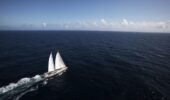
The Ocean, a shared heritage of humanity: open science and shared governance
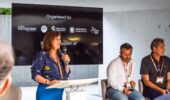
Science and Advocacy at the Tara Ocean Foundation: A Synergy in Service of the Ocean
